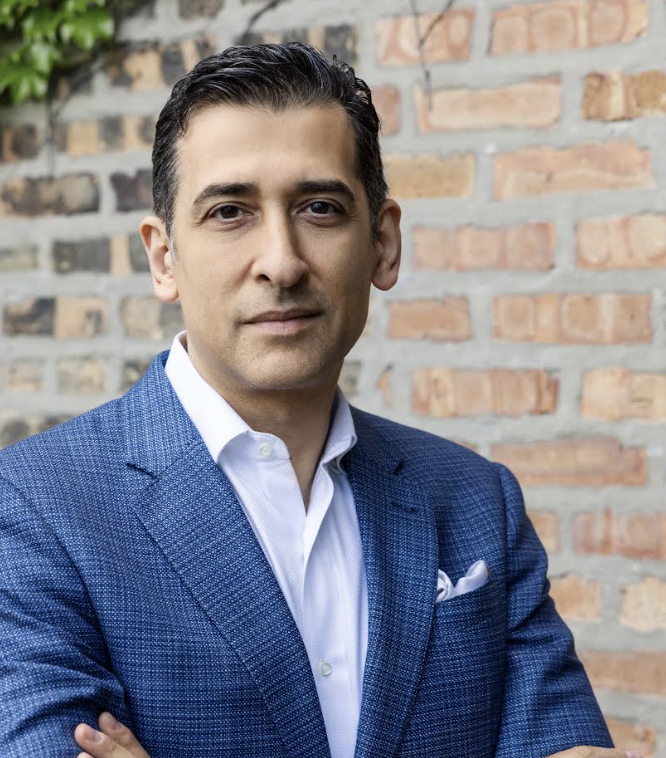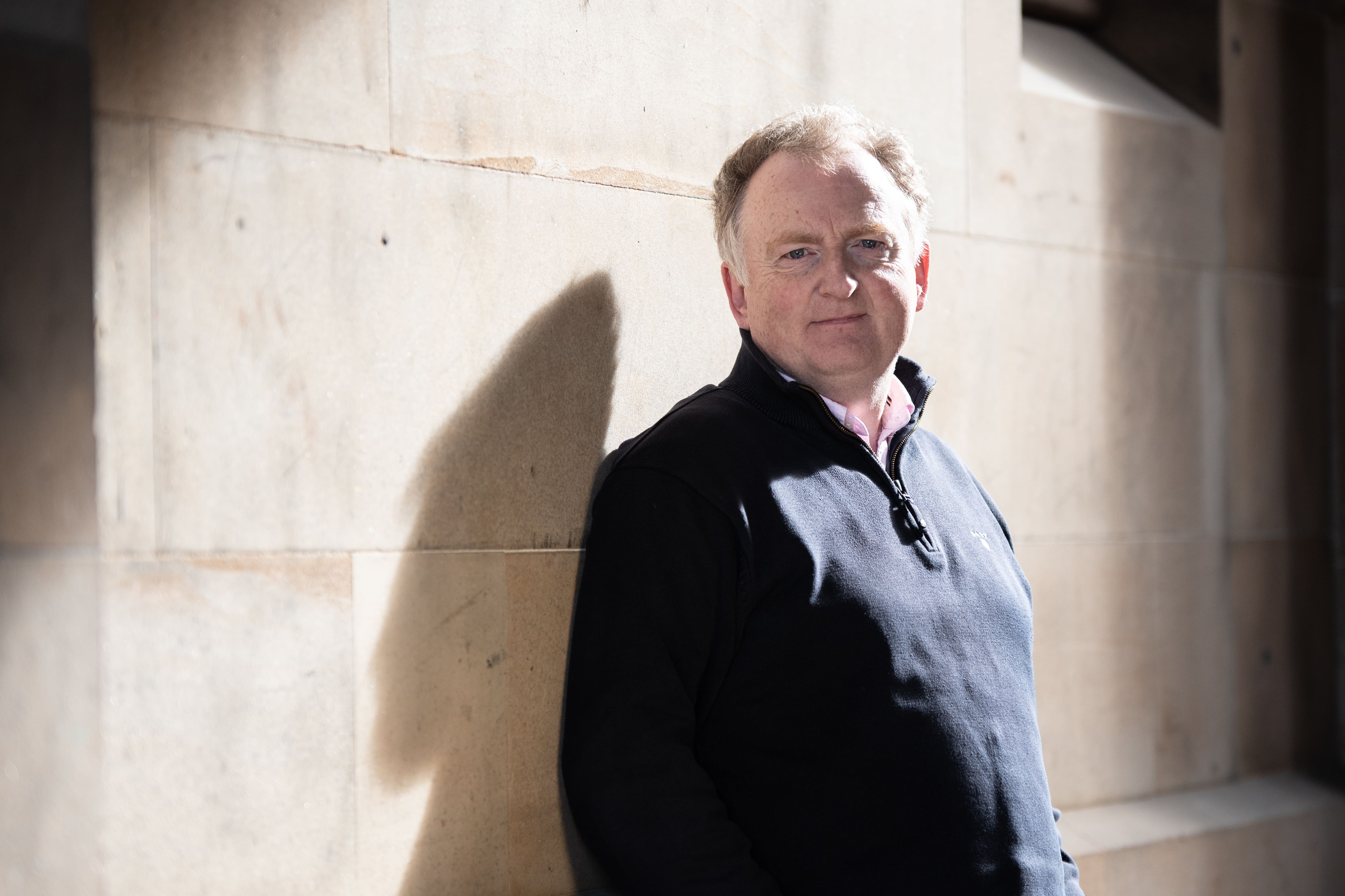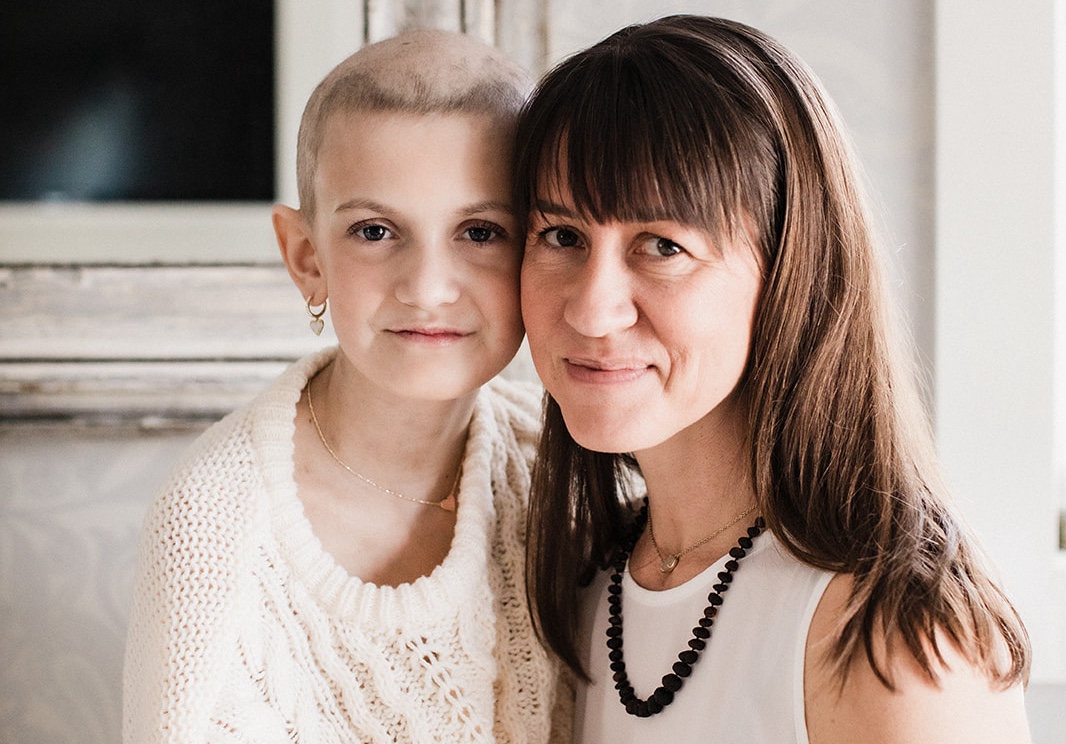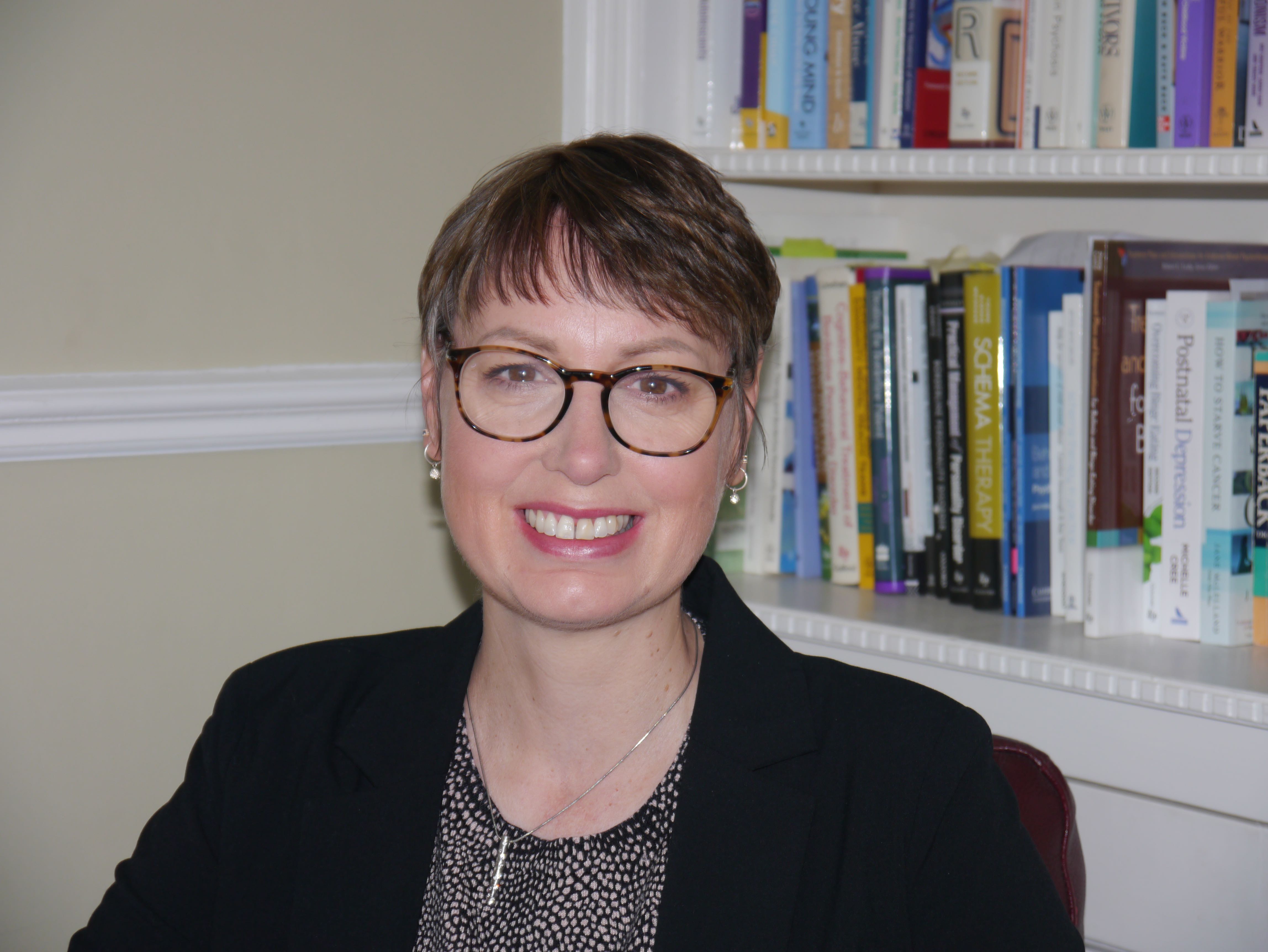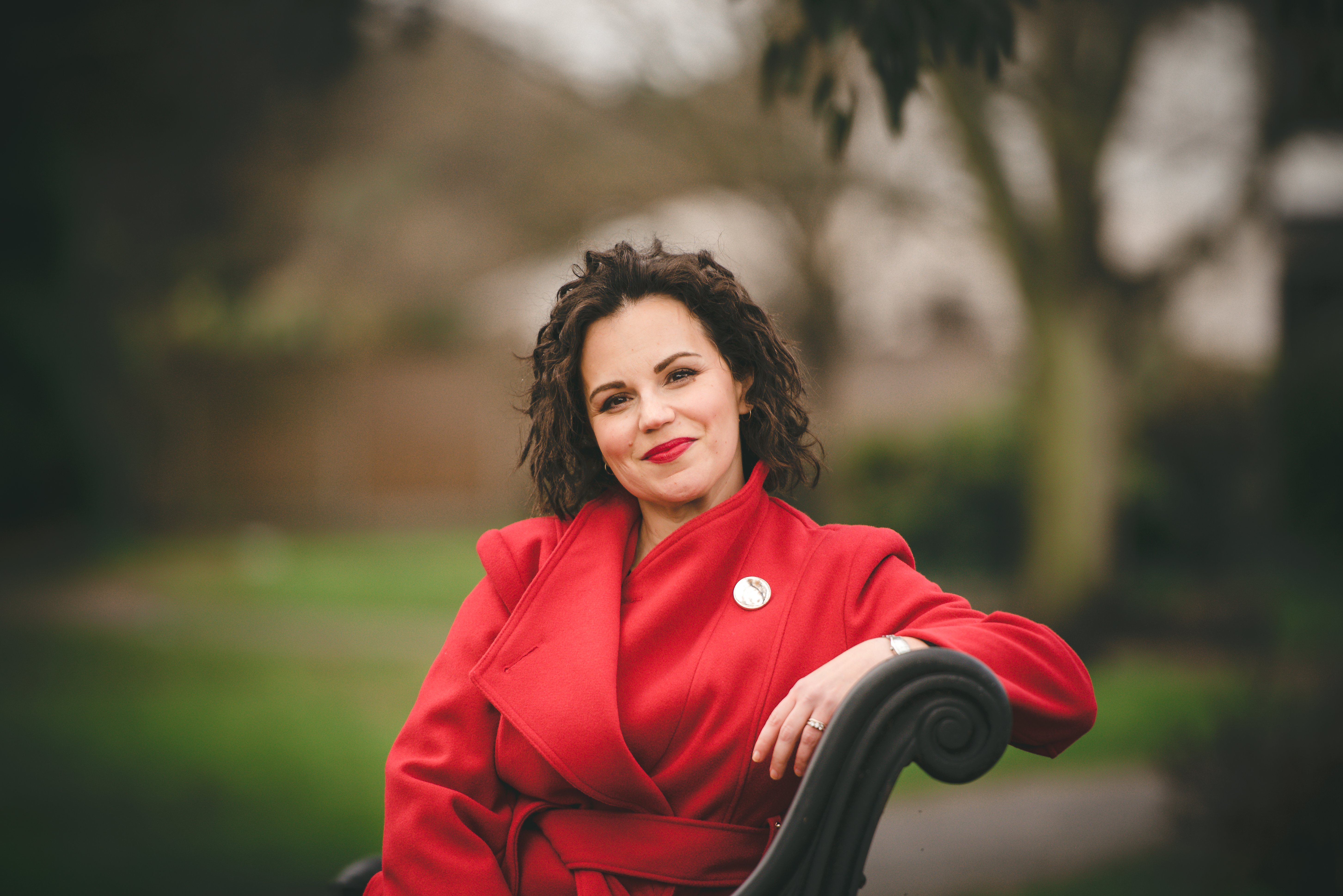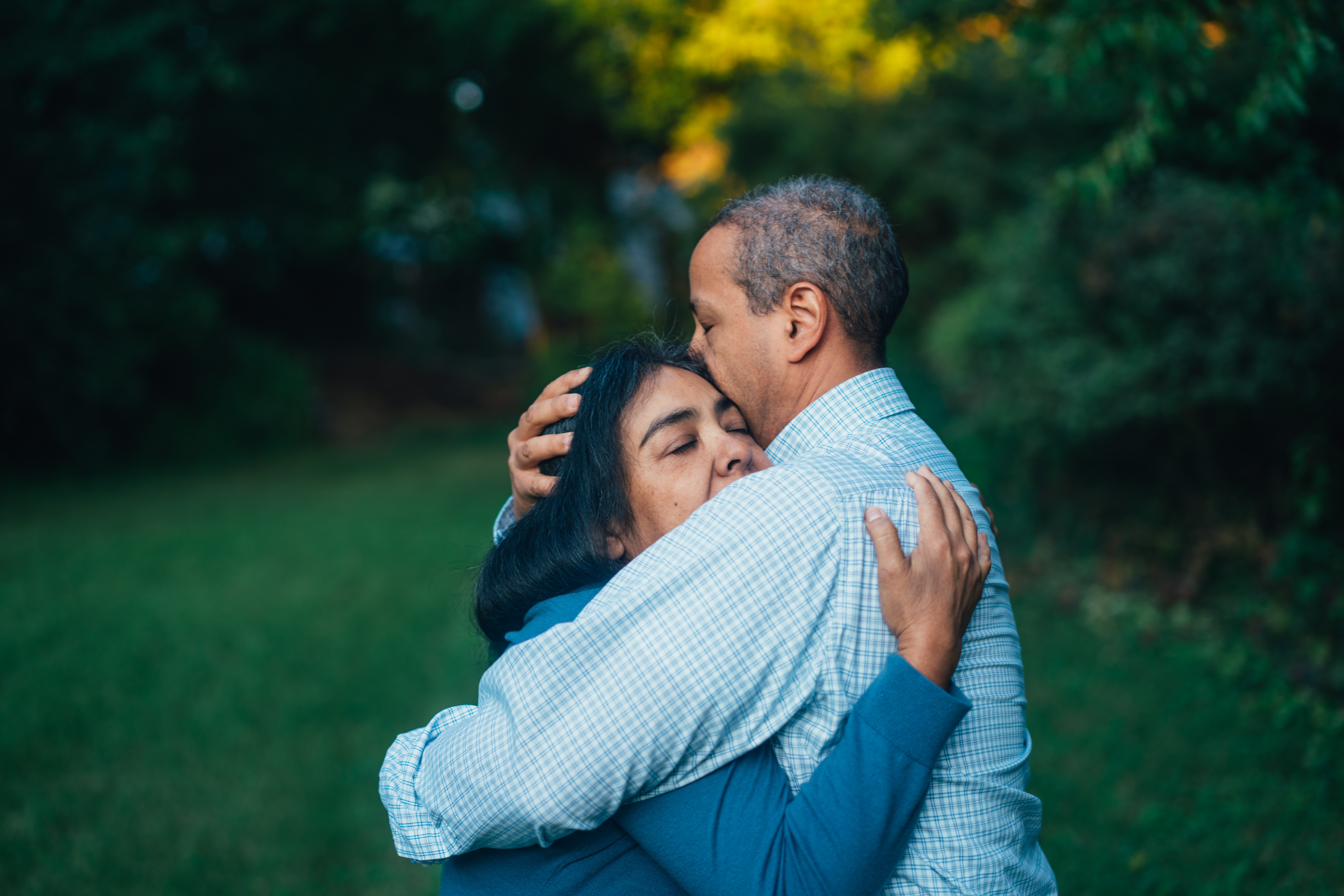For those of us who have – at the risk of sounding anciently old – practised oncology for decades, we have accumulated many stories. These encounters with patients and their caregivers shape our lives, keep us grounded, and constantly remind us why we do what we do every day. They are our motivation to excel, research, and study, so that we can help future patients and strive to do better.
Cancer touches us all. Every reader of these words knows someone who has been affected by cancer. Whether it’s oneself, a family member, a loved one, a friend, a neighbour, or a colleague, we all know someone who has suffered from cancer. This disease has the most profound impact on our physical, mental, and emotional health the minute we hear the “C” word.
I’ve written my new book The Cancer Journey because I was convinced that there was a further need to explain cancer to a large general audience, but from a different angle — one of simplicity and storytelling. I imagined myself in the patients’ shoes and pictured every question that could arise as they navigate this unpredictable journey. I pictured myself as their oncologist, their primary care doctor, their nurse, their pharmacist, and their caregiver. I attempted to address every question that could come to their minds and used true stories of people I have cared for to provide a guide to everyone interested in navigating the journey of cancer.
I recounted these stories in the book and wanted to humanise the medical experience. Oncologists are humans who have emotions, feelings, and good and bad days, just like the rest of the world. Readers will note my emphasis on the human element in medicine, highlighting the emotional and psychological aspects of cancer care. Every patient is different, and the goal is to assure that the medical team is attuned to individual patient needs. The art of oncology is at the heart of my book.
Consider my young patient who had just completed her chemotherapy for Hodgkin lymphoma and was in remission. She was likely cured, and I couldn’t wait to share the news with her. But as I entered the exam room, I saw anxiety and nervousness on her face, tears glistening in her eyes. My heart sank, realising that my joy was perhaps not fully reciprocated
I asked, “Are you okay? What happened?”
She hesitated, then replied, “Nothing – I am just very nervous.”
When I tried to calm her down and explain that treatment was completed and she can take a break from the medical system for three months, she became more distressed. “That makes me very nervous. I can’t go that long without seeing all of you. I just can’t,” she countered.
Despite the good news I delivered, her reaction was in fact similar to patients I had treated. Some patients have a sense of security when they are seen often in clinics and worry when longer time periods pass without such visits. This sense of separation anxiety is heightened early on after finishing therapy but may subside as more time lapses.
I reassured her that we don’t need to wait three months to meet again. “How about you return to the clinic in four weeks to check in instead of three months? If all is well, we can extend the frequency to every two months then every three months.” She nodded in agreement. I heard a sigh of relief as she wiped off a couple of tears.
This story and others are at the heart of my book. Readers will relate to such encounter and can understand the anxiety associated with fewer clinical visits for someone with cancer.
I have always reflected on the challenges facing the caregivers of patients with cancer. I recall my patient and his wife who always saw me together. His frequent visits, treatment schedule, imaging study needs, lab appointments, and transfusions, forced her to take more time off than desired. Yet, she somehow managed to do it all.
One day, I noticed she was in more distress. I asked her if she was OK, to which she replied “Yes, I am as OK as possible.” I was not convinced, so while my patient was getting blood draws, I asked her to stay behind so that we could discuss further.
My patient’s wife was displaying signs of caregiver burnout, defined as a state of physical, mental, and emotional exhaustion that can occur when caring for a loved one. People who suffer from this phenomenon can exhibit various symptoms such as fatigue, stress, anxiety, depression, insomnia, and more.
We sat down and started discussing resources that can help her navigate what she was going through, and agreed that I would call her the following week to check in.
The Cancer Journey: Understanding Diagnosis, Treatment, Recovery, and Prevention is inspired by the real-life experiences of patients and families I’ve had the privilege to treat. My goal was not to add yet another title to the plethora of cancer-related texts but to combine scientific rigour with heartfelt storytelling, designed to demystify the complex world of cancer for patients, caregivers, and healthcare professionals alike.
The book covers all aspects of cancer care from causes, symptoms and diagnosis through to treatment modalities like surgery, chemotherapy, radiation therapy, hormonal therapy and immunotherapy. The book addresses the management of side effects, the importance of palliative and hospice care, communication, caring for the caregiver, and the emotional journey of cancer survivorship. In the last chapter, I explore the future of cancer care, by discussing advancements in cancer care delivery, regulatory changes, precision oncology, and the potential of artificial intelligence in improving patient outcomes.
The journey of cancer is filled with triumphs and victories, but also with bumps and setbacks. We learn from our shortcomings and must celebrate our success. Every patient, every family, and every story has taught me how to stay humbled, grounded, and focused on what matters. I remind myself daily about the true north of what my colleagues and I are trying to do: make a positive impact in patient lives, one patient at a time.
